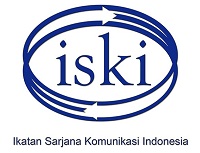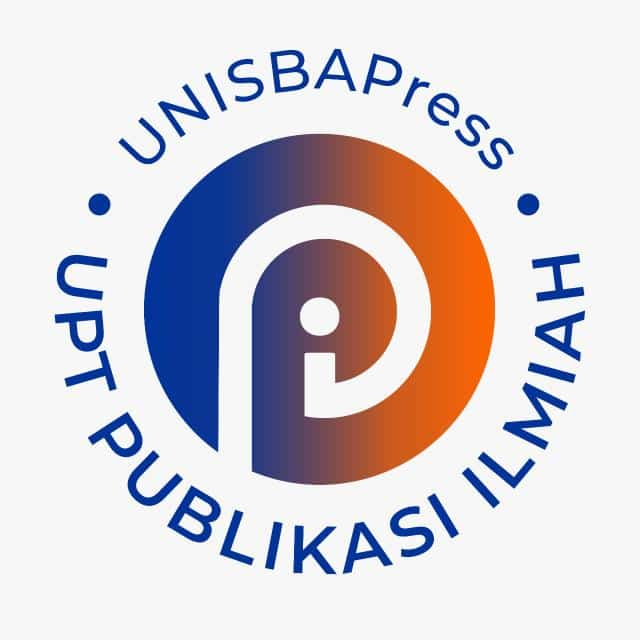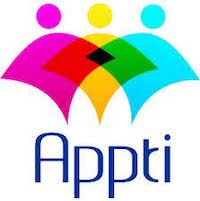Participatory Communication in Children’s Communities for Preventing Child Marriage after the COVID-19 Pandemic in Sukabumi
DOI:
https://doi.org/10.29313/mediator.v17i2.2703Keywords:
SDGs, Gender, Participative, Children Community, Child marriageAbstract
The high rate of child marriage cases in Sukabumi Regency following the COVID-19 pandemic has encouraged the children’s community in Sukabumi to form unique cooperation with the government. This research aims to analyze the participatory communication between the child community and the government in preventing child marriage and achieving Sustainable Development Goals (SDGs) after the COVID-19 pandemic in Sukabumi, West Java. The research employs a qualitative method with a case study approach, analyzing several children’s communities. Data collection was conducted using multiple sources, including observation, interviews, and documentation studies. This research shows that participatory communication within the children’s community enhances adolescent agency communally through dialogue, heteroglossia, polyphony, and carnival. Dialogue was found to be the dominant form and plays a major role in realizing effective communication. Children’s communities used both digital and face-to-face media to achieve resilience and build participation during the COVID-19 pandemic, with face-to-face media being more dominant in interactions with the government. This study found that participatory communication increases collaboration between the children’s community and the government, contributing to the reduction of child marriage in Sukabumi.
References
Achmad, Zainal. (2020). Anatomi Teori Strukturasi Dan Ideologi Jalan Ketiga Anthony Giddens (Anatomy Of Structuration Theory And Ideology Of The Third Way Of Anthony Giddens). Translitera Jurnal Kajian Komunikasi dan Studi Media. 9. 45-62. 10.35457/translitera.v9i2.989.
Ahmad, A., & Muslimah, M. (2021, December). Memahami teknik pengolahan dan analisis data kualitatif. In Proceedings of Palangka Raya International and National Conference on Islamic Studies (PINCIS) (Vol. 1, No. 1).
Backes, E. P., & Bonnie, R. J. (Eds.). (2019). The promise of adolescence: Realizing opportunity for all youth.
Bappenas. (2020). Strategi Nasional Perkawinan ANak. Jakarta: Kementerian PPN/Bappenas.
Creswell, J. W. (2019). Research design: Pendekatan metode kualitatif, kuantitatif dan Campuran. Yogyakarta:Pustaka Pelajar
Latifiani, D. (2019). The darkest phase for family: Child marriage prevention and its complexity in Indonesia. JILS, 4, 241.
Dan, S., Remaja, R., Masa, D. I., Keperawatan, J., Global, S. S., & Selatan, J. R. (2020). Stres Dan Resiliensi Remaja Di Masa Pandemi Covid-19, (December), 10–18. https://doi.org/10.35963/hmjk.v10i2.227
Giddens, Anthony. 2011. The Constitution of Society . Cetakan keempat. Yogyakarta: PedatiAnthony Giddens. 2011. The Constitution of Society . Cetakan keempat. Yogyakarta: Pedati
Grijns, M., Limijaya, S., Agustinah, A., Hani, N., & Restuningrum. (2016). Pernikahan Anak di Sukabumi: Diridan Agensi Anak Perempuan. Jurnal Perempuan, Vol 21(1)
Febrianti, M. (2020). Komunikasi partisipatif dalam pelaksanaan program penataan lingkungan permukiman berbasis komunitas di Nagari Solok Ambah Kecamatan Sijunjung Kabupaten Sijunjung. Jurnal Ilmiah Manajemen, Ekonomi, & Akuntansi (MEA), 4(3), 850-867.
Fitrah, M. (2018). Metodologi penelitian: penelitian kualitatif, tindakan kelas & studi kasus. CV Jejak (Jejak Publisher).
Harris, U. S. (2017). Virtual Partnerships : Engaging Students in E-service Learning Using Communication, 1–15. https://doi.org/10.1177/1326365X17701792
Hayat, M. A. (2019). Program Pengembangan Desa Lok Baintan Berbasis, 2(2), 71–79.
Jaeh, N. S., & Madihie, A. (2019). Self- efficacy and resilience among late adolescent, 2(1), 27–32.
Judiasih, S. D., Sudini, L. P., Rubiati, B., Yuanitasari, D., Kusmayanti, H., & Salim, E. F. (2019). Sustainable development goals and elimination of children’s marriage practice in Indonesia. Jurnal Notariil, 4(1), 1-12.
Sahrani et al. (2021). Remaja Di Masa Pandemi. Tinjauan Pandemi COVID-19 dalam Psikologi Perkembangan, 168.
Maliki, W., & Erwiantono, A. N. M. R. (2021). Komunikasi Partisipatif Dalam Upaya Pengelolaan Hutan Adat Pada Komunitas Adat Dayak Benuaq Muara Tae, Kabupaten Kutai Barat.
Muchtar, K. (2016). Penerapan Komunikasi Partisipasi pada Pembangunan di Indonesia. Jurnal Makna, 1, 20–32. https://doi.org/https://doi.org/10.33558/makna.v1i1.795
Permatasari, A. N., Inten, D. N., Wiliani, W., Widiyanto, K. N. (2021). Keintiman Komunikasi Keluarga saat Social Distancing Pandemi Covid-19. Jurnal Obsesi: Jurnal Pendidikan Anak Usia Dini, 5(1), 346—359. 10.31004/obsesi.v5i1.577
Ruswahyuningsih, M. C., & Afiatin, T. (2015). Resiliensi pada Remaja Jawa, 1(2), 96–105.
Salam, R. A., Sc, M., Faqqah, A., D, M., Sajjad, N., S, M. B. B., … Ph, D. (2016). Improving Adolescent Sexual and Reproductive Health : A Systematic Review of Potential Interventions, 59. https://doi.org/10.1016/j.jadohealth.2016.05.022
Satriani, I., & Limintang, P. M. (2013). Participatory Communication in the Family Empowerment Post Program (Case Study in RW 05 Situgede Village, West Bogor District, Bogor City). Development Communication Journal.
Sugiyono (2016). Metode Penelitian Pendekatan Kuantitatif,. Kualitatif, dan R&D Bandung: Alfabeta
Sulastri, I., & Pratama, L. (2022). Mempertahankan Modal Sosial Desa, 8(2), 353–376. https://doi.org/10.22373/al-ijtimaiyyah.v8i2.15885
Taylor, A. Y., A, M., Murphy-graham, E., Ed, D., Sc, M., Horn, J. Van, … Ph, D. (2019). Child Marriages and Unions in Latin America : Understanding the Roles of Agency and Social Norms. Journal of Adolescent Health, 64(4), S45–S51. https://doi.org/10.1016/j.jadohealth.2018.12.017
Tufte T., Mefalopulos. Participatory Communication. Washington D.C: The World Bank, 2009
Utami, Y. S., Andriani, A. D., Chotimah, D. H., Studi, P., Komunikasi, I., Putra, U., … Intelektual, S. (2021). Implementasi komunikasi kesehatan program kampung kuba, 687–698.
Wiyanto, C. C., & Krisdinanto, N. (2022). Manipulating Image and Communication Issues in the Dolly Ex- Prostitution District Community Development Program, 15(December), 219–235.
Downloads
Published
Issue
Section
License
Copyright (c) 2024 Yessi Sri Utami

This work is licensed under a Creative Commons Attribution-ShareAlike 4.0 International License.























